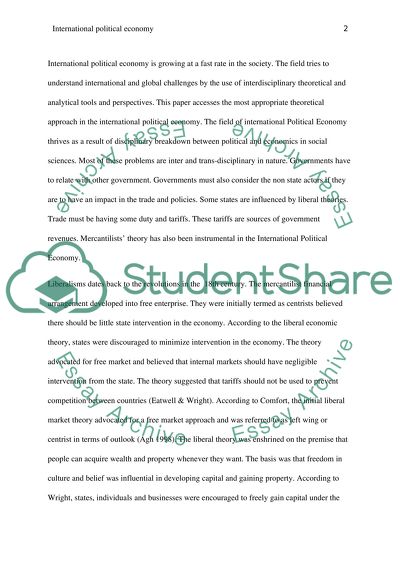Cite this document
(“Critically evaluate which theoretical approach in International Essay”, n.d.)
Critically evaluate which theoretical approach in International Essay. Retrieved from https://studentshare.org/history/1463850-critically-evaluate-which-theoretical-approach-in
Critically evaluate which theoretical approach in International Essay. Retrieved from https://studentshare.org/history/1463850-critically-evaluate-which-theoretical-approach-in
(Critically Evaluate Which Theoretical Approach in International Essay)
Critically Evaluate Which Theoretical Approach in International Essay. https://studentshare.org/history/1463850-critically-evaluate-which-theoretical-approach-in.
Critically Evaluate Which Theoretical Approach in International Essay. https://studentshare.org/history/1463850-critically-evaluate-which-theoretical-approach-in.
“Critically Evaluate Which Theoretical Approach in International Essay”, n.d. https://studentshare.org/history/1463850-critically-evaluate-which-theoretical-approach-in.


